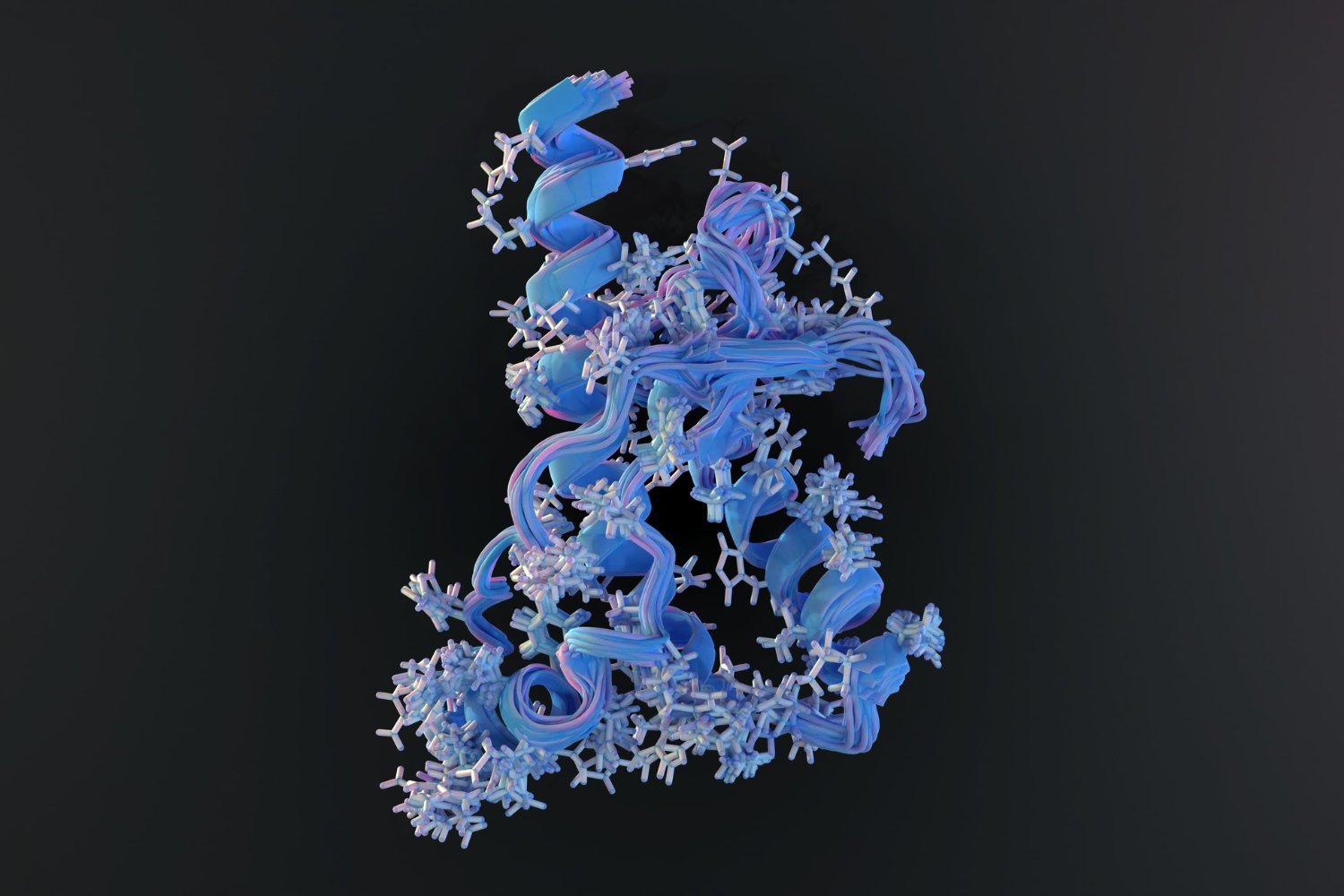A recent study has uncovered a fascinating genetic mutation that allows certain individuals to function optimally on significantly less sleep than the average person. This discovery, published in the Proceedings of the National Academy of Sciences, offers potential insights into sleep regulation and could pave the way for new treatments for sleep disorders.
Researchers in China identified this mutation in a healthy 70-year-old woman who reported a lifelong pattern of minimal sleep. While she claimed to sleep only three hours nightly, actigraphy recordings revealed she averaged 6.3 hours—still remarkably less than the recommended seven to nine hours.
Most people require this amount of sleep for optimal health. However, a small percentage of the population are natural short sleepers, comfortably resting for four to six hours without experiencing the detrimental effects of sleep deprivation. This is distinct from individuals who sleep less than seven hours and consequently suffer health consequences. Previous research has linked natural short sleep to specific genetic mutations.
Scientists have previously identified mutations in four genes (DEC2, NPSR1, GRM1, and ADRB1) associated with natural short sleep. This new study adds a fifth: the salt-inducible kinase 3 (SIK3) gene, which produces the SIK3 protein kinase enzyme. While SIK3 is believed to play a role in metabolism, previous studies, primarily in mice, suggest its influence on sleep duration.
The researchers in this study analyzed the DNA and sleep patterns of their volunteer and identified a specific mutation in the SIK3 gene, designated N783Y, which appeared to explain her natural short sleep. To validate their findings, they engineered mice with the same mutation, observing that these mice also slept less than typical mice. The mutation seems to inhibit SIK3’s ability to transfer molecules to other proteins, particularly those crucial for synaptic connections between neurons.
The authors highlighted the conserved function of SIK3 as a crucial gene in human sleep regulation. This discovery underscores the complex interplay of genetics in determining sleep needs.
While natural short sleepers represent only about 1% of the global population, understanding the genetic basis of their ability could lead to breakthroughs in treating sleep disorders. The researchers have already uncovered evidence indicating that other protein kinases similar to SIK3 influence sleep duration.
These findings broaden our understanding of the genetic foundations of sleep, emphasizing the role of kinase activity in sleep regulation across species. This opens exciting possibilities for therapeutic strategies to improve sleep efficiency. Further research may unlock even more secrets about the complex mechanisms governing sleep and offer hope for those struggling with sleep-related challenges.











